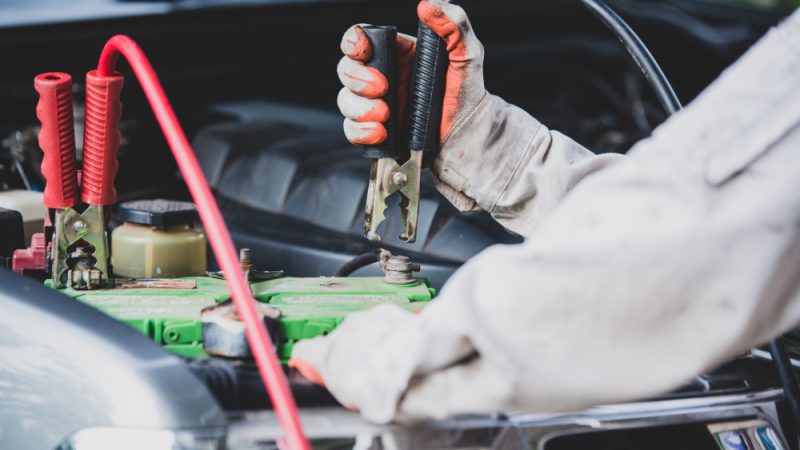Exciting EV Infrastructure Developments And Innovations That Are Driving Mass Adoption

Electric vehicles have become more popular because of the increasing need to decarbonize the transport sector. The latest market research shows that passenger electric vehicle sales worldwide grew 71% year-over-year in the third quarter of 2022, according to Counterpoint Research. Thanks to government policies and massive investments made by auto manufacturers, adoption of electric cars is surging. Technological advances also play a significant role in making EVs more efficient and affordable.
In recent years, automakers have been exploring how different technologies can improve EV range and reduce charge time. For example, integrating electric cars and artificial intelligence has proven to be effective in optimizing battery power and boosting autonomy. Keep reading to learn more about exciting EV infrastructure and innovations driving mass adoption.
Changes in Battery Design
Currently, slow battery recharging rate is stalling the uptake of electric cars. To overcome this obstacle, car makers are downsizing car batteries from 150 to 50 kWh without causing EV users to experience range anxiety. Volvo, for instance, is developing sustainable batteries using structural designs to ensure EV users ride about 600 miles per charge. General Motors, China’s BYD and CATL, and Tesla are also redesigning EV batteries using structural designs. EV batteries that are smaller, faster-charging, and energy-dense will not only lower battery costs, but also reduce raw materials for manufacturing them. Since smaller batteries require less lithium-ion, cobalt, zinc, and graphite, emissions released when mining minerals are significantly reduced.
Innovative Charging Infrastructure
Electric vehicles have a bright future, as more people transition to electrified mobility to reduce their carbon footprint. And with growing demand, market experts predict more electric cars will flood the market. To support the potential of electric cars in future, deploying an adequate network of EV charging infrastructure is vital. Accessibility to fast-charging systems in public and private places will ease range anxiety and encourage adoption of electric cars.
Many electric car users today rely on Level 1, level 2, and DC fast chargers to recharge their batteries quickly. However, there is innovative EV charging infrastructure set to revolutionize how consumers charge their car batteries. Wireless EV charging infrastructure, for example, works by transferring electric current from magnetic coils underneath the road to coils beneath the car. Other exciting charging infrastructures are pop-up pavement chargers, electrified roads, lamppost chargers, and vehicle to grid charging systems. Countries already using these charging infrastructures include the UK, which has deployed pop-up pavement chargers in Oxford, while Sweden is leveraging wireless charging.
Advanced Battery Technology
New electric vehicle batteries aim to enhance range, promote fast charging and durability, and increase energy density. Examples of advanced battery technologies in electric cars include sila-nanotechnology, solid-state batteries, and sodium-ion battery technology. Each battery tech has its unique aspects. Sila-nanotechnology replaces graphite anodes in lithium-ion batteries and increases energy density in battery cells by 20-40%. While this technology is in its development stage, Mercedes plans to integrate it into its new electric car model ECG in 2025. Meanwhile, solid-state batteries are an elite option for EV automakers, like Hyundai, Toyota, and Honda, as they guarantee thermal stability, longer life cycle, and greater energy density.
As the world moves to electrified mobility to reduce carbon emissions, auto makers are looking for ways to enhance the performance of EVs. Apart from leveraging AI to optimize battery energy and promote autonomous driving, car manufacturers are downsizing batteries. With smaller batteries, consumers can enjoy fast-charging, durability, safety, and affordability. Other innovations in the EV sector include solid-state and sodium-ion battery technologies, wireless chargers, pop-up pavement EV charging, and ultra-fast chargers.


